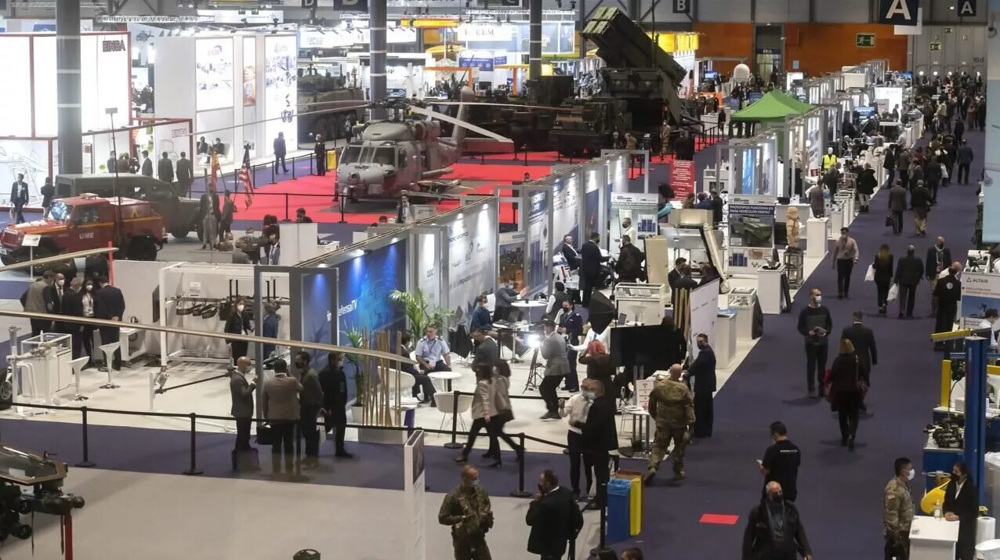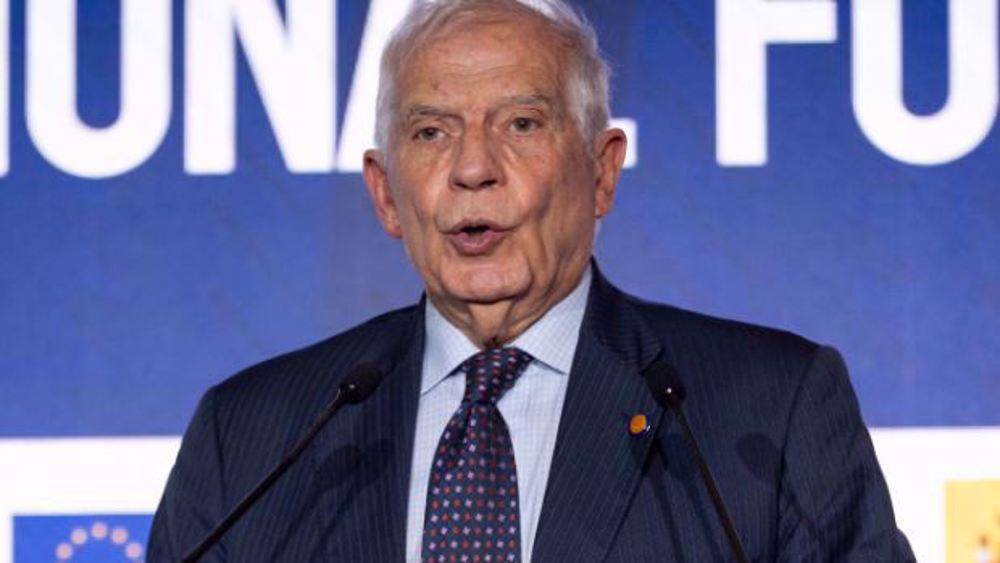UN court upholds Bosnian Serb military chief’s war crimes, genocide convictions
United Nations (UN) war crimes judges have upheld a genocide conviction and life sentence against former Bosnian Serb military commander Ratko Mladic, known as the “Butcher of Bosnia.”
The ruling, which is final and cannot be appealed, was issued by five judges at the UN International Residual Mechanism for Criminal Tribunals at The Hague on Tuesday.
The trial chamber, led by Presiding Judge Prisca Matimba Nyambe of Zambia, upheld the conviction of 78-year-old Mladic and confirmed a life sentence for his role in the genocide in Srebrenica, the siege of Sarajevo, and other crimes during the Bosnia war from 1992 until 1995.
Nyambe said the court dismissed Mladic’s appeal “in its entirety,” and also rejected an appeal by his prosecutors of Mladic’s acquittal on charges linked to ethnic purges early in the war.
The judges determined that Mladic had an absolutely pivotal role in the genocide as he controlled both the military and police units involved in the round-up and massacre.
“The accused’s acts were so instrumental to the commission of the crimes that without them, the crimes would not have been committed as they were,” the court found.
Mladic was initially convicted by a Hague tribunal in 2017 and sentenced to life in prison for his role as Bosnian Serb military commander during the war in Bosnia, but appealed the ruling.
UN human rights chief Michelle Bachelet hailed the verdict on Tuesday, saying the final Mladic ruling meant the international justice system had held him to account.
"Mladic’s crimes were the abhorrent culmination of hatred stoked for political gain," Bachelet said in a statement. "Today’s decision is about his individual responsibility for his dreadful acts, not about collective punishment or apportioning guilt to any particular community."
Mladic, who spent a decade on the run before his capture in 2011, was convicted of one count of genocide for the massacre of several thousand Muslim men and boys in 1995, Europe's worst act of bloodshed since World War II.
On July 11, 1995, the Serb forces commanded by Mladic overran Srebrenica, which had been declared a “safe zone” by the United Nations and was protected by lightly-armed Dutch peacekeepers.
Mladic’s forces sent women and children away and captured and executed men and boys.
In less than two weeks, the Serbian forces systematically murdered more than 8,000 Bosnian Muslim men and boys and buried their bodies in numerous mass graves in an attempt to hide their crime.
Almost 7,000 of those killed have been found and identified, but some 1,000 others are still missing.
'Hello my enemies': Lebanese journalist on Israeli threats and his resolve to continue
Outrage in France as MP proposes bill to ban criticism of Israel
VIDEO | The strategy of Hezbollah in war
Israeli military withdraws several brigades from southern Lebanon: Report
48-year-old Palestinian man serving 48 life terms completes 22 years in Israeli jails
From MKO to Tondar, how Germany became safe haven for anti-Iran terror groups
Hamas open to any proposal aiming to end Gaza war: Hamdan
Role of private sector in Iran’s thriving space industry












 This makes it easy to access the Press TV website
This makes it easy to access the Press TV website